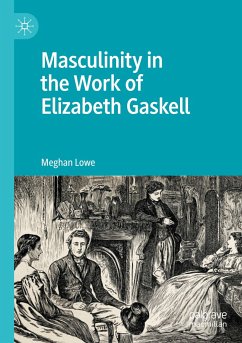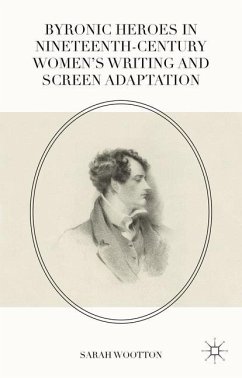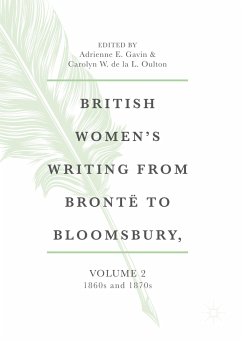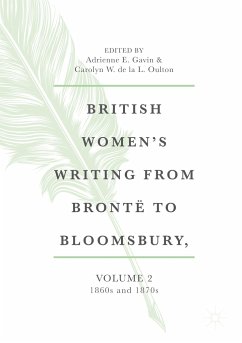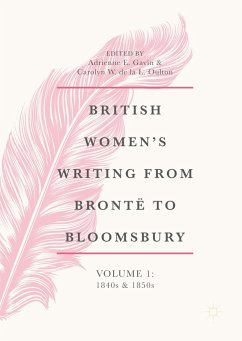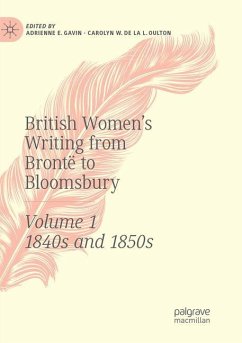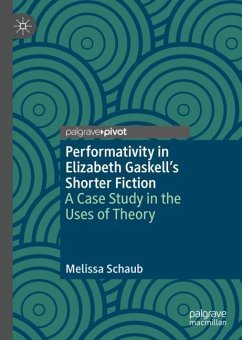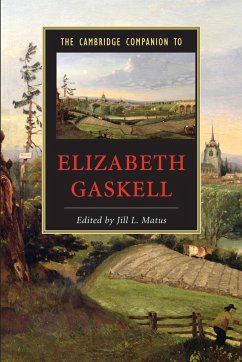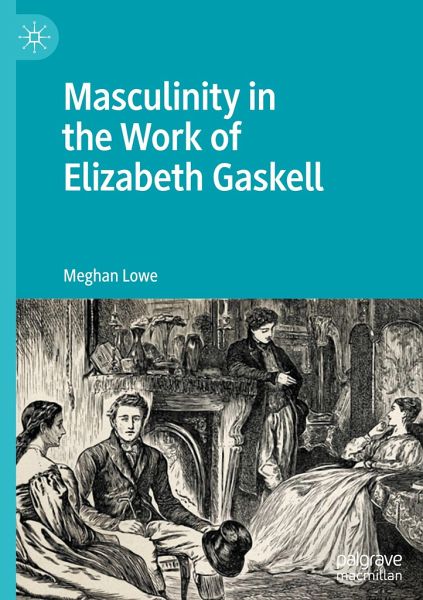
Masculinity in the Work of Elizabeth Gaskell
Versandkostenfrei!
Versandfertig in 6-10 Tagen
38,99 €
inkl. MwSt.
Weitere Ausgaben:

PAYBACK Punkte
19 °P sammeln!
This book is the first full-length study to focus on the representation of masculinity in Elizabeth Gaskell's novels. In examining Gaskell's understanding of masculine identity as a social construct and considering how her writing engages with Victorian ideologies of gender, this book demonstrates that Gaskell defies an essentialist approach to gender and instead explores masculinity over time, genre, region, and class, making it clear that masculinity is not monolithic but relational, culturally constructed, and dependent on many contexts. It analyses Gaskell's depiction of what it means to b...
This book is the first full-length study to focus on the representation of masculinity in Elizabeth Gaskell's novels. In examining Gaskell's understanding of masculine identity as a social construct and considering how her writing engages with Victorian ideologies of gender, this book demonstrates that Gaskell defies an essentialist approach to gender and instead explores masculinity over time, genre, region, and class, making it clear that masculinity is not monolithic but relational, culturally constructed, and dependent on many contexts. It analyses Gaskell's depiction of what it means to be a 'man' and a 'gentleman', exploring Mary Barton, North and South, Ruth, Cousin Phillis, Sylvia's Lovers, and Wives and Daughters, as well as contemporary Victorian works and key contexts such as sympathy, historic change, and industrialism. The target audiences are academics, as well as undergraduate and postgraduate students and research specialists, and it will most appeal toVictorian Literature, Gender Studies, and Masculinity Studies disciplines.





